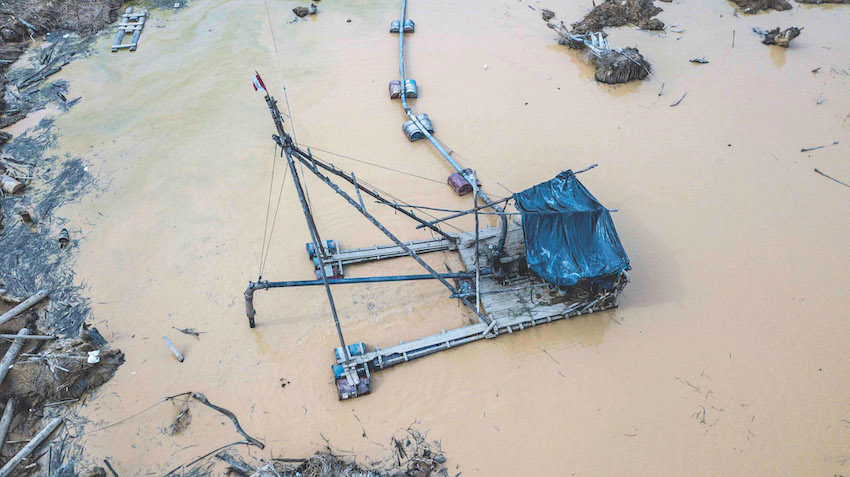The challenge is to reverse course, from causing nature loss to being “nature positive.” By Stacey Chow.
The nature crisis is a business crisis. Boston Consulting Group calculates that 90% of man-made pressure on biodiversity is driven by four key industries: food, energy, infrastructure and fashion. These industries are completely critical to human life, providing us with the essentials: food, fuel, homes and clothes. But the way businesses in those industries are currently operating just isn’t sustainable and time is running out to course correct.
That’s why the spotlight is intensifying on them—and indeed, all businesses.
Nature loss has become a much more high-profile issue. Brunswick analysis shows mentions of nature loss have tripled since 2020 in English language news and business sources, with more mentions in 2022 than from 2006 to 2020 combined.
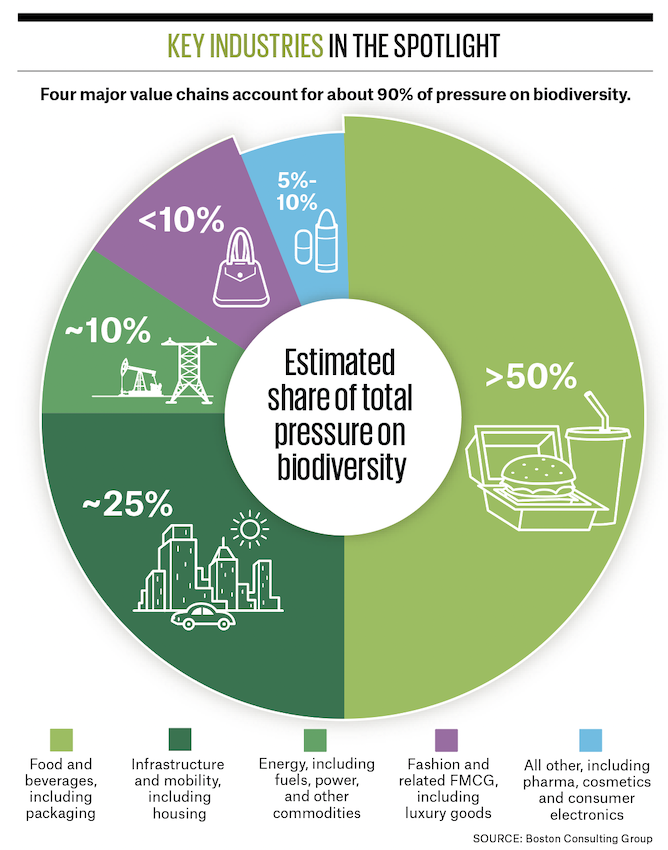
Business Critical Stakeholders are calling on Companies to Act Now
Investors: Leading investors have announced the launch of Nature Action 100, designed as an equivalent to the landmark Climate Action 100+ initiative which made a significant impact on corporate climate action.
This will accelerate investor focus on nature risk while driving alignment around shared asks and expectations.Policymakers: The new Global Biodiversity Framework signed in Montreal by 196 parties requires all large and transnational businesses to assess and disclose their impacts and dependencies on nature by 2030 at the very latest.
Consumers: More than nine in 10 people in the EU see biodiversity loss as a “serious” or “very serious” issue.
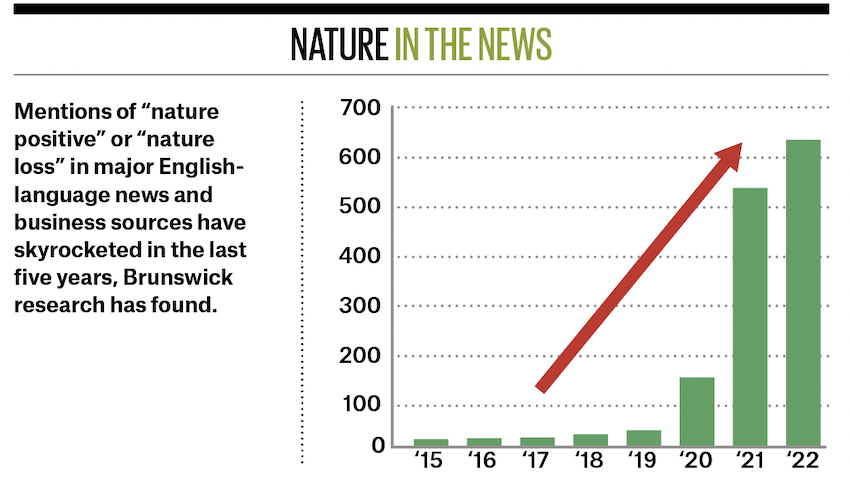
Transforming our approach to farming could deliver 80% of the emissions mitigation needed by 2030, while also delivering more and better food.
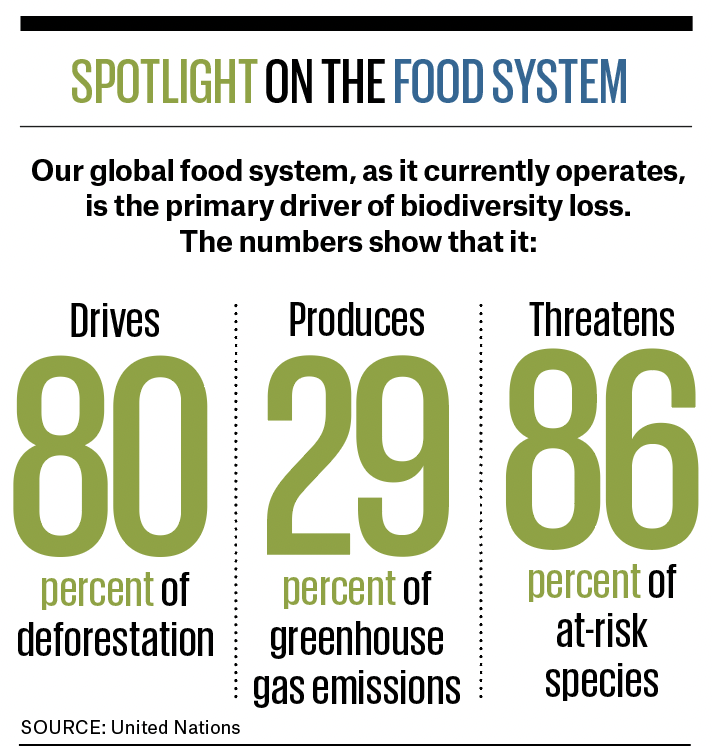
Rising Business Engagement
Many companies have seen that acting on nature is a chance to seize new opportunities, winning trust with customers and civil society, while mitigating significant exposure to risk.
- In the run up to the Biodiversity COP in 2022, more than 330 businesses joined a campaign to get governments to make nature assessment and disclosure mandatory.
- The International Sustainability Standards Board (ISSB) announced it will incorporate nature in its disclosure standards when they are released later this year.
The New Concept of “Nature Positive”
A new stakeholder consensus is emerging that our global economy must become not just “net zero” but also “nature positive.”
Led by global environmental NGOs, such as WWF and The Nature Conservancy, along with the World Business Council for Sustainable Development, supporters of “nature positive” intend it as a simple but engaging goal, to serve as a focal point for big ambition. The aim is to reverse the current declines in biodiversity by 2030, so that nature can begin to replenish and fully recover by 2050. That means urgently halting harmful practices, while at the same time actively restoring nature.
Critics of the term “nature positive” want to see more specifics, particularly of how it is measured. Yet it is already becoming a motivating North Star for many businesses, investors and society.
The World Economic Forum has mapped out tangible steps for businesses to play their part in reaching this goal.
More from this issue

Nature Positive
Most read from this issue
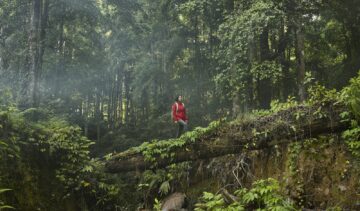
The Business Path to Nature Positive

